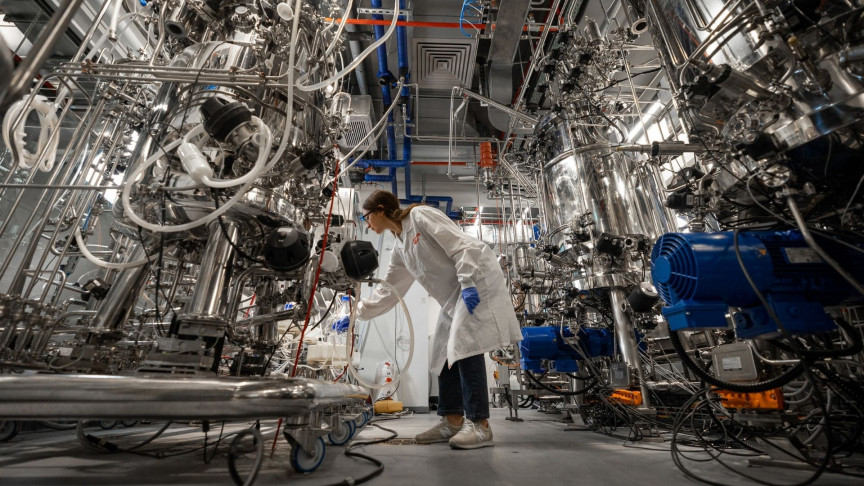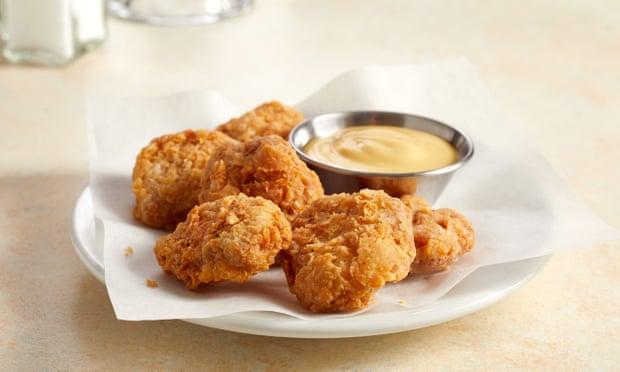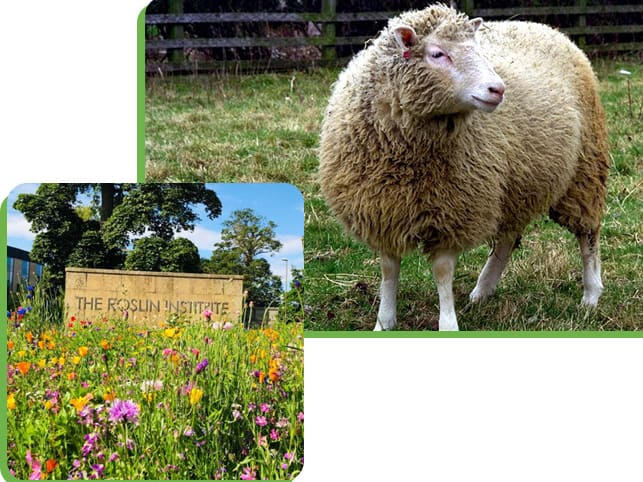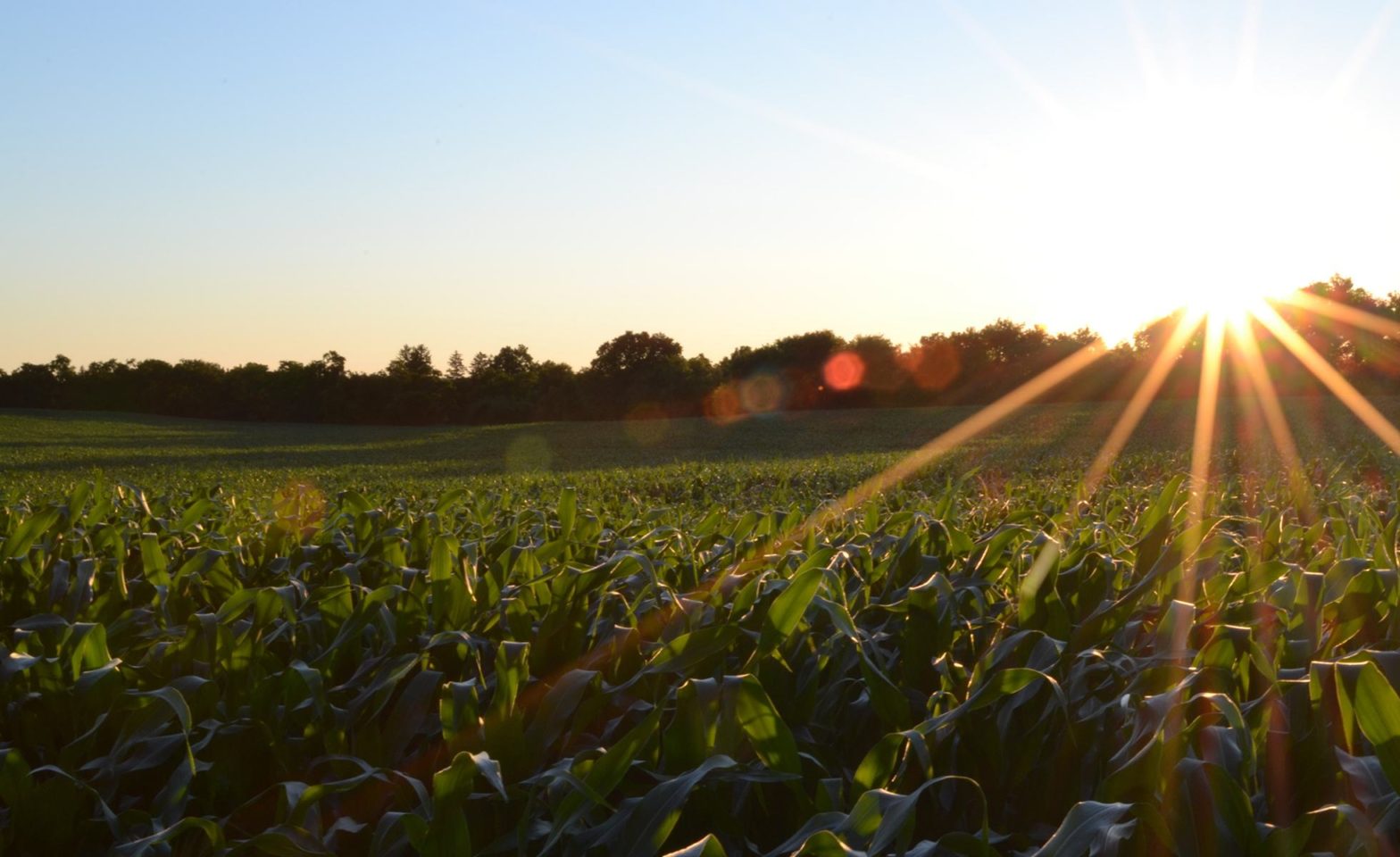Singapore is beefing up its expertise in the novel food sector, with Nanyang Technological University (NTU) rolling out a new undergraduate course that will focus on meat alternatives, The Straits Times has learnt. About 30 students from the university’s food science and technology programme are expected to enrol in the course, Future Foods – Introduction…
Category: Synthetic Meat
Israeli Startup Produces Cultured Meat at Industry Scale in a World-First
In October 2019 researchers found out a novel way to make ‘alternate meat’ more appealing. Since then, the idea has taken rapid strides and we are now witnessing the first industrial-scale production facility for cultured meat. Israeli startup Future Meat Technologies recently announced that its production facility with a capacity to make 5,000 burgers has gone…
Would You Eat Meat Cultured In A Bio-Reactor?
Would You Eat Meat Cultured In A Bio-Reactor? Would You Eat Meat Cultured In A Bio-Reactor? An Israeli startup wants to replace chicken coops, barns and slaughterhouses with bioreactors to churn out cell-based meat firstly for American diners then hopefully for the whole world. But the questions remains, would you eat meat from a bio-reactor?…
Dolly the Sheep’s Lasting Legacy as UK Cell-Cultured Meat Leader Roslin Technologies Appoints New CEO – vegconomist
June 8, 2021 1623158224 ©Roslin Institute Scottish biotech firm Roslin Technologies is set to become a major player in UK cell-cultured meat with the appointment of Ernst van Orsouw as its new chief executive. Working closely with the Roslin Institute – home of Dolly the world-famous cloned sheep – Roslin Technologies will begin a commercialization…
Rebundle – more comfort, less waste
We are revolutionizing hair extensions with more comfort and less waste. You deserve peace of mind while wearing braids. Our proprietary braiding hair is made from a non-toxic, biodegradable plant that is better for your scalp and better for the environment. Source
Valvoline Full Synthetic Oil Change
Valvoline Full Synthetic Oil Change | Tire Discounters | Tire Discounters
What are pulses? | FAO
Pulses are a type of leguminous crop that are harvested solely for the dry seed. Dried beans, lentils and peas are the most commonly known and consumed types of pulses. Pulses do not include crops which are harvested green (e.g. green peas, green beans)—these are classified as vegetable crops. Also excluded are those crops used…
Synthetic vs. Natural Nutrients: What’s the Difference?
Dietary supplements and fortified foods are used to ensure adequate dietary intake of important vitamins and minerals.While dietary supplements and fortified foods can be helpful and even necessary, in many situations, they could lead to excessive nutrient intake and other negative side effects if consumed in excessive amounts. This is because there are differences between…
Food and climate change – David Suzuki Foundation
What you eat has a climate impact! When planning meals, shopping or ordering in a restaurant, consider: How low on the food chain is this? How much energy goes in to producing it? Is it grown organically? How far did it travel to get to the store/table? Meat and climate change Livestock production accounts for 70 per cent of all agricultural land use, occupies 30 per cent of the planet’s land surface and is responsible for 18 per…
Cell-Cultured Fish Company Avant Named “Technology Pioneer” by World Economic Forum – vegconomist
Avant, a Hong Kong company developing cell-cultured fish, has been named as one of the World Economic Forum’s “Technology Pioneers”. The company was recognised for its contributions in the field of Global Public Goods. “We believe a technology-enabled food industry allows more efficient use of natural resources and lands for the growing population on this…







